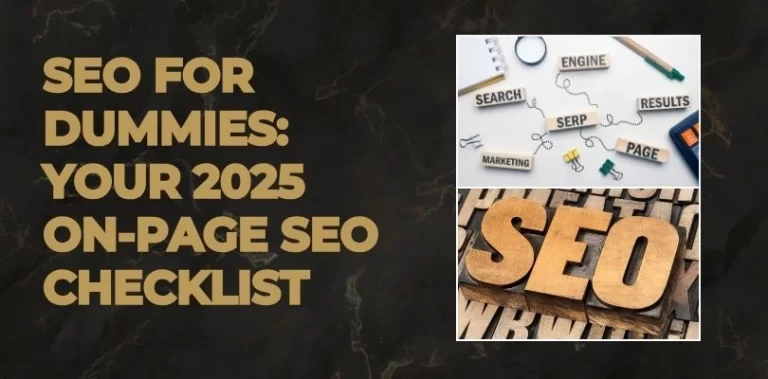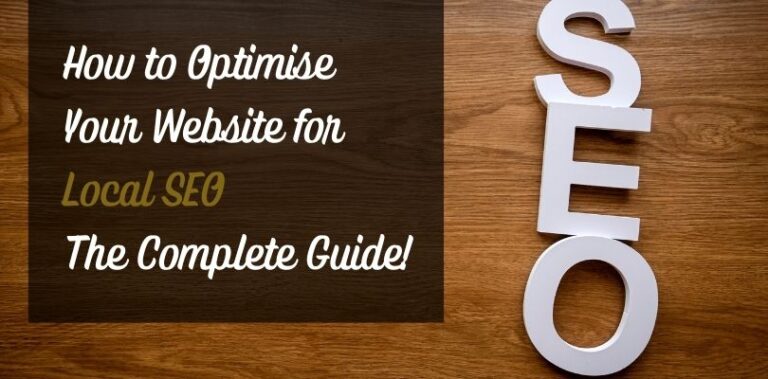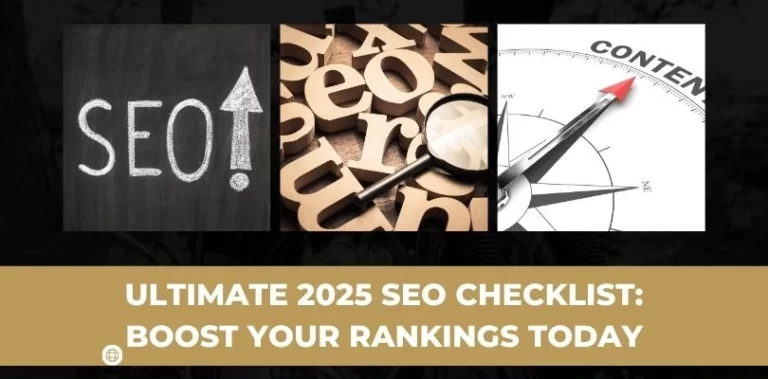Let’s get straight to the point: SEO is not an overnight fix. It’s the digital equivalent of planting a seed and nurturing it into a flourishing tree. But here’s the million-dollar question: how long does it take to see results from SEO?
Whether you’re an SEO newbie or a seasoned pro looking to manage expectations, this post is for you. Let’s dive into the SEO timeline, breaking it down step by step, with a sprinkle of humour, real-world analogies, and actionable insights.
Understanding the SEO Timeline
SEO is strategic, slow-burn work. On average, it takes about 3 to 6 months to see significant improvement in your search engine rankings. But hold up—this is no one-size-fits-all timeline. The duration depends on a handful of factors:
- Website Age and Authority
Older websites with established authority typically perform better than brand-new ones. It’s like comparing a seasoned chef with a fresh culinary graduate—experience matters. - Competition Level
If you’re competing in a crowded industry, it’s going to take longer to stand out. Imagine trying to shine in a room where everyone is wearing sequins. - Content Quality
High-quality, relevant content is like gourmet cuisine. It keeps people coming back for more, unlike fast food (a.k.a. low-value, keyword-stuffed articles). - Backlink Profile
Links from reputable websites act as trust votes. The more quality backlinks you earn, the higher your credibility. Think of it as getting endorsements from respected industry leaders. - Technical SEO
Your site’s foundation matters. A fast, mobile-friendly, and well-structured website is like having a sturdy stage for your online performance.
The Typical SEO Growth Phases
SEO isn’t a single sprint; it’s a marathon broken into strategic phases. Here’s a breakdown of what you can expect over six months (and beyond):
Month 1: Research and Strategy Development
This phase is all about preparation. From conducting a detailed SEO audit to identifying keywords and analysing competitors, it’s the groundwork that makes future progress possible.
Helpful resource: Ahrefs: What is an SEO Audit?
Month 2: Technical SEO Fixes
Fixing technical issues like page load speed, mobile optimization, and crawl errors happens here. Think of it as tuning up your car for a long road trip.
Dive deeper: Google Search Central: Core Web Vitals
Month 3: Content Creation
Here’s where the magic starts. You’ll create and optimize blog posts, service pages, and landing pages targeting your priority keywords.
Start strong: HubSpot’s Guide to Content Strategy
Month 4: Link Building
Building backlinks from credible websites begins. Outreach, guest posting, and PR efforts are key here—basically, networking in the digital world.
Must-read: Moz’s Beginner’s Guide to Link Building
Month 5: Monitoring and Tweaking
By now, you’re analysing performance data and making necessary adjustments. It’s like checking your GPS mid-journey to ensure you’re on the right path.
Analytics tool: Google Analytics 4
Month 6 and Beyond: Scaling
You’re refining your strategy, scaling your content creation, and keeping up with algorithm updates. The focus here is on maintaining and amplifying your success.
Stay updated: Search Engine Journal: Algorithm Updates
Factors Influencing Your SEO Timeline
Several elements affect how quickly your efforts pay off:
- Industry Competition: Highly competitive industries often take longer to rank in.
- Keyword Difficulty: Targeting high-volume keywords? Brace yourself—it might take a while.
- Resources: The more time, budget, and expertise you dedicate, the faster you’ll see results.
- Algorithm Updates: Search engines evolve constantly, so adaptability is key.
Patience Pays Off
Here’s the deal: SEO is a long-term investment. It may not deliver instant results, but the rewards of organic growth—higher traffic, improved brand visibility, and better conversions—are worth the wait.
FAQs About SEO Timelines
Q1: Can I Speed Up the SEO Process?
Yes, but only to a certain extent. Focus on low-competition keywords, consistently create high-quality content, and invest in quality backlinks.
Q2: Is SEO a One-Time Effort?
Nope! SEO is an ongoing process. Algorithms change, competitors evolve, and user behaviour shifts, so your strategy must keep up.
Q3: Can I Do SEO Myself?
Absolutely! But it’s a time-intensive process that requires a steep learning curve. Tools like SEMRush and Yoast can help beginners.
Q4: How Do I Know If My SEO Is Working?
Track organic traffic, keyword rankings, and conversion rates. Use tools like Google Search Console and Ahrefs.
Q5: What If I Don’t See Results After Six Months?
Don’t panic. Conduct a thorough audit, evaluate your strategies, and consult an SEO expert if needed. Sometimes, minor tweaks can lead to major breakthroughs.
Final Thoughts
SEO is a journey, not a destination. While it might feel slow at first, the results compound over time, turning your website into a traffic-generating powerhouse. Stay patient, stay consistent, and trust the process.
If you found this post helpful, don’t forget to share it with others! 🚀
Need help with optimising your website for success? Learn more about SEO Services or get in touch today.
Discover more from Cheap Web Design UK
Subscribe to get the latest posts sent to your email.






